Teaching methods
and competence development
for 21st century
Methods of guided teaching
Methods of guided teaching are traditional teaching methods. The teacher acts as an expert managing the educational process. The pupil is a passive recipient of information. Standard activities include lectures, interpretation, storytelling, etc.
These traditional methods have a place in the learning expedition but are not the main way of working.
Kinaesthetic methods
Kinaesthetic methods tend to get a pupil moving. Traditionally, teaching is based on reading, writing and listening. Yet we also learn while moving and using objects.
Kinaesthetic methods stimulate the whole body and include: role play, dramatization, movement games, cutting, gluing, drawing, puzzles, etc.
Reverse teaching
Reverse teaching focuses on the pupils' independent activity. Whether at school or home, pupils study a topic from prepared educational materials. Learning in this way allows greater focus on the curriculum and develops the pupils’ responsibility.
The teacher acts as lesson consultant and manager where the acquired knowledge is applied.
Methods of differentiated teaching
Methods of differentiated teaching focus on individual abilities and needs. Pupils work in teams and are organized by a teacher who acts as a guide. Cooperation and responsibility of team members is the key to solving assigned tasks.
Methods of differentiated learning include peer education activities, teamwork, work at a post, and differentiated tasks.
Research methods
Research methods allow pupils to discover, self-identify, design solutions and draw conclusions. The teacher is facilitating teaching guide. His/her role is to promote discussion, ask problem questions.
Research methods also include discussion and problem teaching.
Gamification and didactic games
Gamification and didactic games are based on introducing game elements into a non-gaming environment. Here it is the application of game elements into educational activities to make them more entertaining and motivating.
Gaming elements include following the rules of a game, collecting points, earning rewards, competing, and trying to reach a higher level to increase pupils' internal motivation.
Critical thinking
People think critically whenever they argue, justify, seek a rational solution, or debate according to certain rules. The ability to think critically is important in every area of life, especially when it is difficult to distinguish between truth and untruth. Critical thinking is a way to find truth.
Communication skills and presentation skills
To communicate is to understand. To present is to explain something to someone so that he/she understands the meaning and our intention. Both skills are necessary for work and everyday life. Teaching offers many situations in which pupils can learn to communicate and present the result of their work, their learning, or just an explanation of an idea.
Creativity
The emergence of a new, yet unknown, idea is a unique moment. We may not be all original thinkers, but we should be able to integrate existing knowledge autonomously into new units. We should create. Expressions of creativity are also a well-asked question, well-prepared chart and problem solving. In real life, we depend on finding our own solutions - we depend on creativity.
Responsibility
Being responsible means fulfilling goals, tasks, deadlines and set procedures - whether set by the teacher or the pupil. This applies to both individual work and teamwork. At school, a teacher or group of peers leads to responsible work. The pupil prepares for a situation to perform tasks independently.
Teamwork
Most of contemporary occupations necessitate working in a team. This is also the case in a school where it is enough to set a clear work goal and divide tasks between pupils. During teamwork, pupils practice many communication techniques and are held accountable. The teacher becomes the work group manager. With a properly prepared team activity, a group can achieve more than an individual.
Reading and listening with comprehension
Reading a text and watching a video does not mean that the pupil understands the content. Does he/she understand the meaning of the text and the whole? Can he/she critically evaluate and incorporate it into his/her knowledge? In the digital era in which we receive information by image and by word, these capabilities are crucial. If the teacher creates the appropriate conditions, any didactic material can lead to understanding the subject matter and content.

